AI in search - What the data says in 2025
May 19, 2025
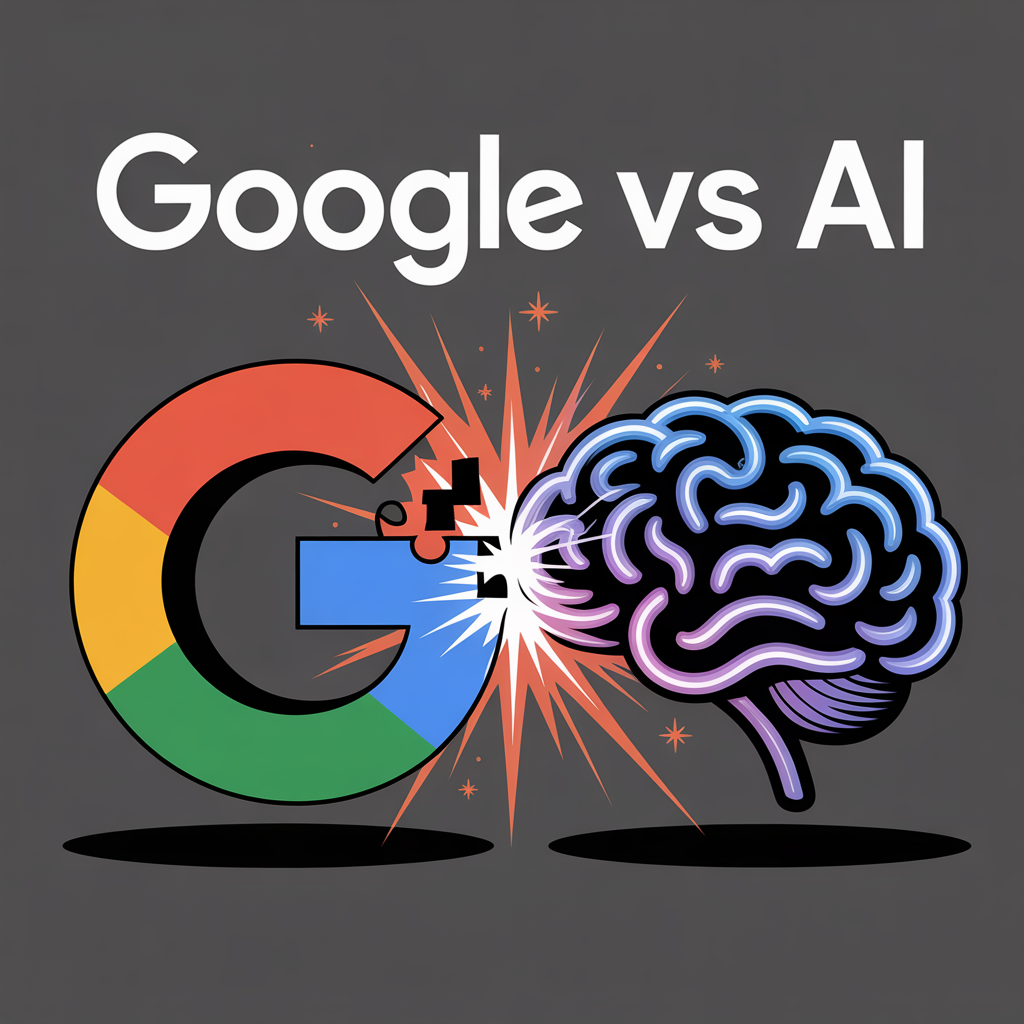
Introduction to AI's Expanding Role in Search
Times change and empire shift.
Google was once the only force in search and that was that. There was nothing on the horizon that could topple the force that is Google.
However, the Roman Empire eventually fell and Manchester United are now not a team to be feared. Times change, people and technology evolves.
Let's not get too far ahead of ourselves here though. Google still serves 16 billion requests a day and has a market share of 89% in search, however AI is taking portions of that more and more each day.
The speed with which AI is shifting the paradigm of day to day processes in all areas is huge. There's no reason to think that search will remain as it is.
GPTZero tells us that 72% of companies use AI to "some extent" and Exploding Topics tells us that the AI industry is worth $126 billion per year globally. Times are changing, AI is on the rise!
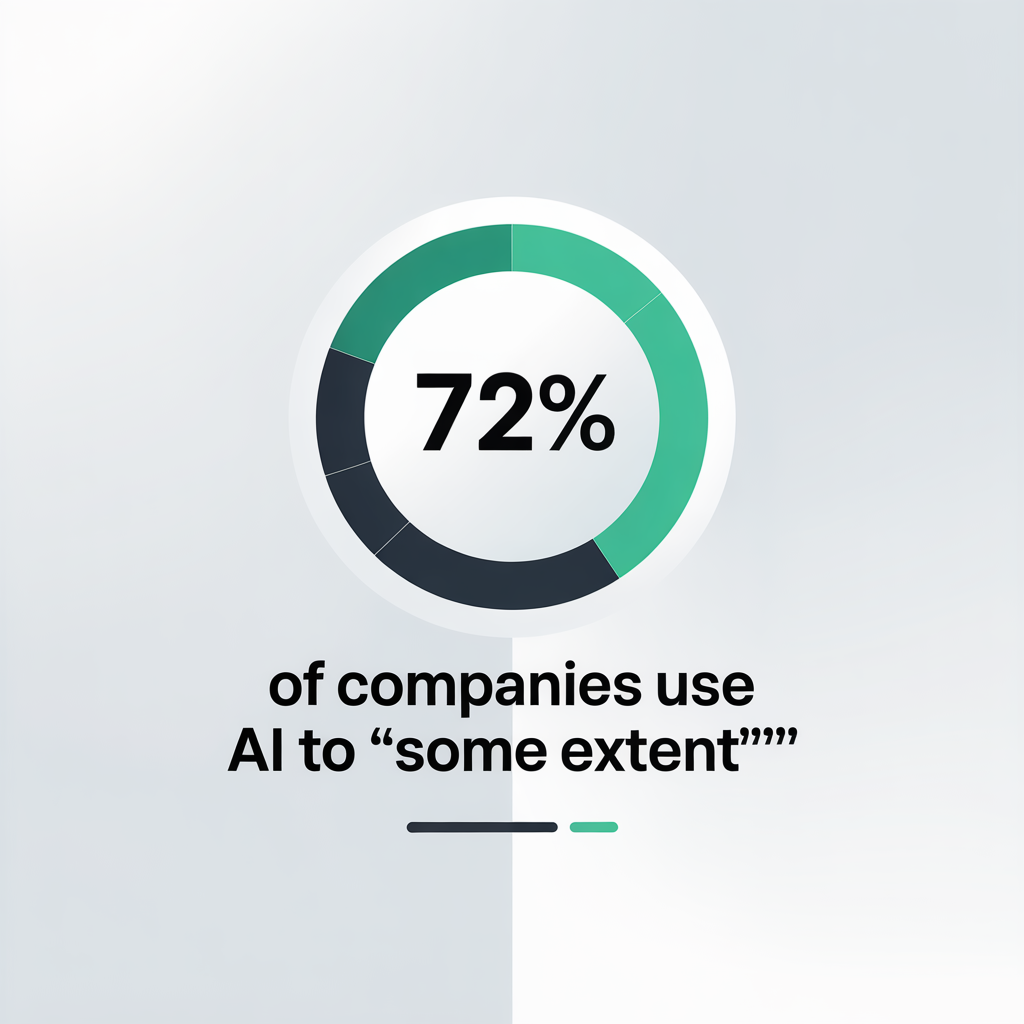
Google is still King — But the crown is slipping
Let's just set the tone for the rest of the article: Google still has 89% of market share. This is the equivalent to 16 billions searches a day.
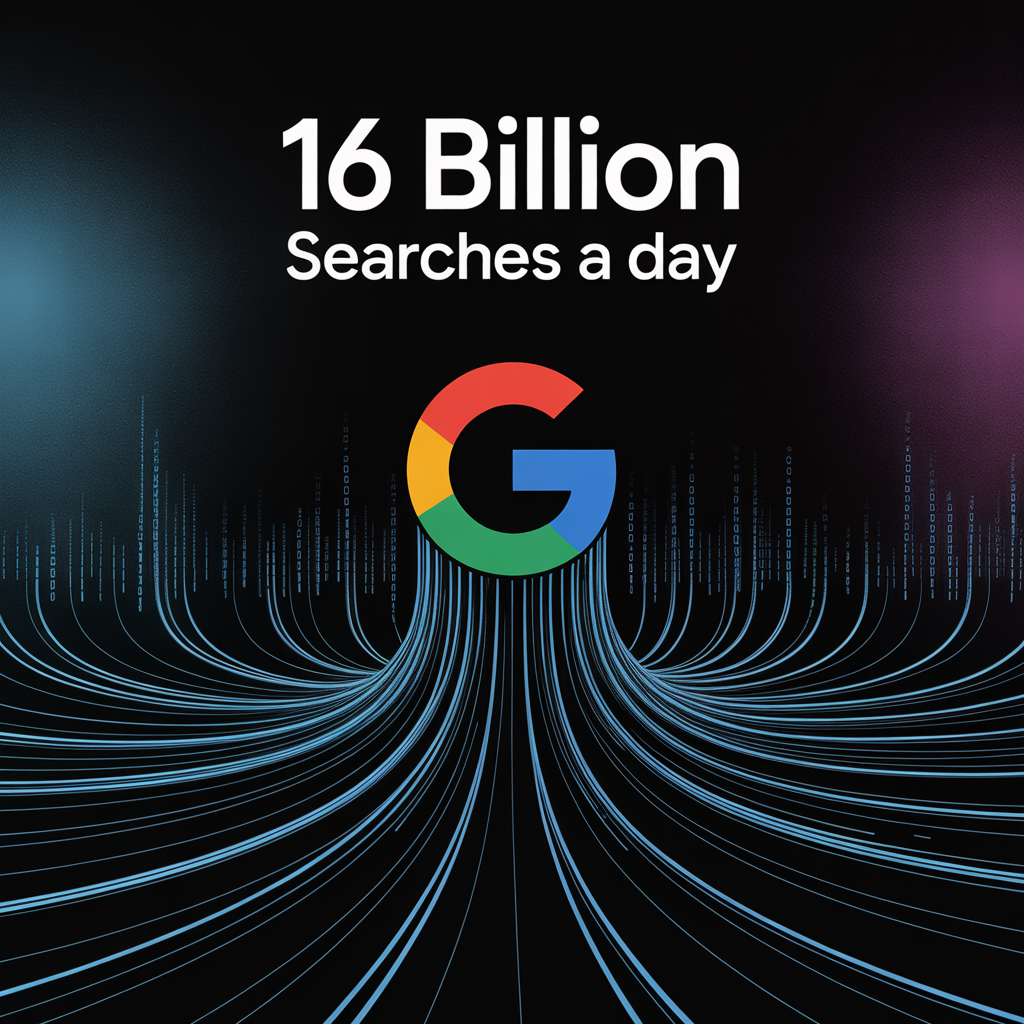
Google will be in people life for many years to come, even in it's current form.
Google may also adapt. They are already moving to AI Overviews and promoting their own AI models.
Google may now be too big to pivot quickly enough however. Smaller companies have always been able to disrupt because they can pivot quicker and move quicker.
We don't know how the future will unfold.
For now and the next few years though we can be certain that a large portion of search will still go through Google.
AI in Daily Life and Public Opinion
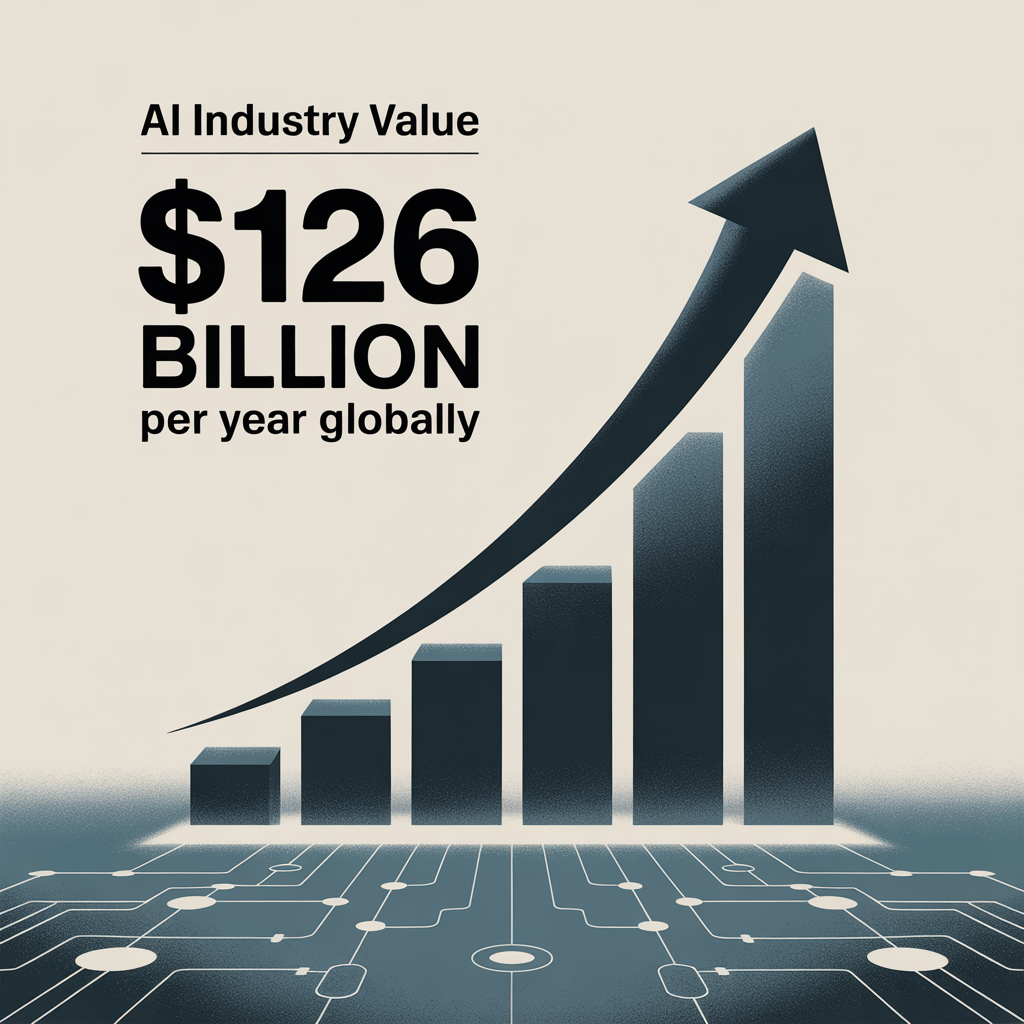
Revolutionary tech always starts small and then permeates society. It's always been the way, it will always be the way.
Those on the cutting edge will use the tech whilst the general public says "I don't understand why people need that", then the technology makes it's way in to the general populations day to day and sentiment moves to "I don't understand how I lived without this".
This was the way for the Microwave, the mobile phone, the smart phone, social networks and on and on. Search will be no different.
From ChatGPT answering day to day information questions, to AI being used in wearable tech, AI will be used in everyones day to day at some point in the near future.
The world is all in on AI. The global AI chip revenue is set to be $80 billion next year. AI is speeding up, not slowing down.
AI Search Engines: Who are the main players?
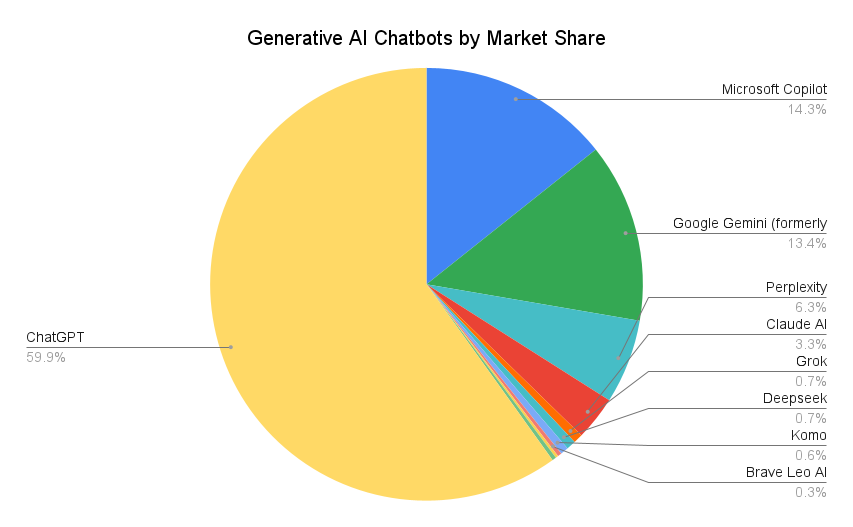
The above image (courtesy if Firspagesage) shows us that the largest AI search engine by quite a distance is ChatGPT.
That's not really surprising when you think that when most people in the public think of "AI" they think "ChatGPT". ChatGPT have managed to make people think they are the entire industry.
Let's not forget though, that when we look at the entire pie chart above, that still only accounts for 1.5-2% of the total search volume, so ChatGPT is still only 60% of 1.5% of total search. It's not take over yet.
ChatGPT has however, grown from one million users in 2022 to 400 million users in 2025. This is an astronomical rise. If that continues, who knows how quickly search can move from traditional search to AI search.
What Searches are moving?
Mostly, informational queries are moving from traditional search to AI search.
Questions that used to be served by small niche experts, are now being fielded by AI. Things like:
"How many miles to the moon"
These queries are either being asked directly to AI, or being shown as part of AI Overviews in Google.
Can we trust AI search?
For a long time, AI search had "hallucinations". This was where you would ask it a question and you would get some of the most bizarre answers (and sometimes downright unsafe).
I still see these all the time when asking for statistics and looking for citations. I'll be given answers which even to the layman are clearly wrong. I'll click the links of the sources and those pages simply don't exist.
I think these are getting better, but they hurt the reputation of AI search for quite some time and will require some time to recover.
The Multi-Platform Future of Search
Search used to be a single player game. You wanted to know something, you went Google and started to type.
This gradually started to change a while ago though.
The introduction of search related social platforms started to take some of that traffic:
-
Pinterest: 600 million searches per month.
-
YouTube: 3 Billion Searches per month
- Reddit: 97.2 million active daily users, all searching within the platform.
Now we have AI Search to add to that list.
Brands now more than ever need to be diversifying their marketing strategy and ensuring that they are visible on all of these search platforms.
Information is now amalgamated from many sources. Content needs to be created to not just answer standard questions, but also to targeting what people are asking in social conversations.
Final Thoughts:
SEO isn't dying, it's just changing.
For too long, Search Engine Optimisation meant "Pleasing Google". It now means that you need to factor in all search engines when creating your content, not just Google.
RankReady for instance, is the first and only SEO Content optimizer to decode both Google and AI.
You need to be everywhere, not just somewhere.